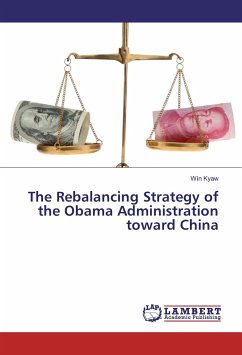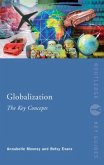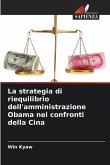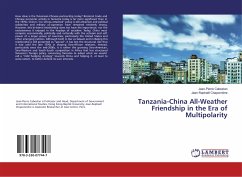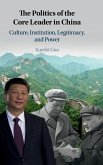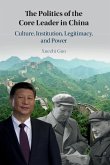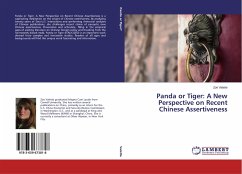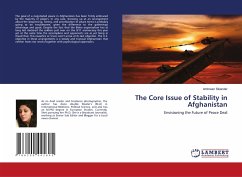The diplomacy of the US - China relations is no conflict or confrontation, mutual respect and win-win cooperation. This diplomacy changes to opposite side in according with the situation of bilateral conflicts. The two countries have difference system with their own way to influence regional and global orders. The US uses its military power and financial institutions to change political system by controlling grant, loan and financial assistance. China maintains its economic power based on cooperation and mutual benefit with all countries, big or small and rich or poor. The conflict between two countries has not intend to fight a shooting war because the two countries are economic interdependence and uncertain of victory. They favour balance of power system to hedge with each other by establishing bilateral and multilateral alliances and economic institutions with their own ways. This research examines the power capabilities of the two countries with tables and charts. It also analysis the US's rebalance policy toward rising China with different theoretical lenses: balance of power theory, realism, liberalism and constructivism.

